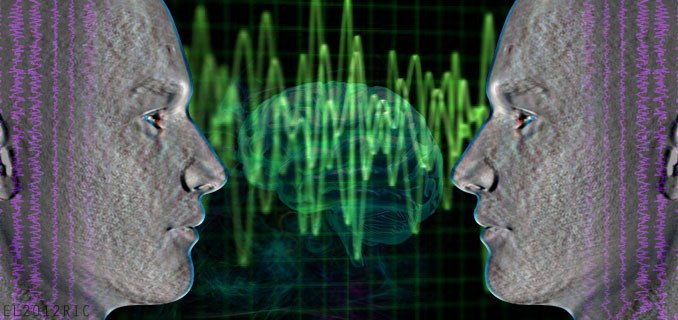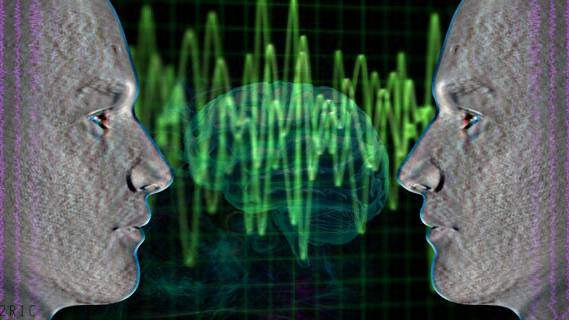Words from brain waves may let scientists read your mind
Source: vitals.msnbc.msn.com

Scientists have found a way to decipher actual words from a person’s brain waves, a feat that sounds very much like mind-reading, a new study shows.
The research may sound like scary science fiction -- once a person’s brain waves can be read, will any thought be private? -- but the positive implications are enormous for patients who have lost the ability to speak through damage, such as stroke, or disease.
In the study, scientists worked with a group of epilepsy patients who were undergoing treatment for intractable seizures. Sensors were implanted deep in their brains in an effort to locate the source of seizures, so doctors could remove the malfunctioning tissue, according to the new report published in PLoS Biology.
Normally that process takes about a week, says the study’s lead author, Brian Pasley, a neuroscientist at the Helen Wills Neuroscience Institute at the University of California, Berkeley.
“During that time the patients are just sitting around in their hospital rooms,” Pasley explains. “And some of them were generous enough to participate in our experiment.”
While the patients’ brain waves were being recorded, Pasley and his colleagues read words to them. Later, the researchers ran those brain waves through a program they hoped would translate the brain’s electronic signals into actual sounds. It worked. Based only on the recordings, the computer was able to pluck out the words spoken to the patients.
Previous research has been able to reconstruct what a person is looking at from brain scans.
Researchers are still a long way from actually reading people’s minds, but it may be possible one day, says Pasley, who acknowledges the technology’s potential to unlock communication for people who can’t speak -- as well as invade our most private thoughts.
“There are ethical concerns,” Pasley says. “Not with the current research, but with the possible extensions of it. There has to be a balance. If we are somehow able to encode someone’s thoughts instantaneously that might have great benefits for the thousands of severely disabled people who are unable to communicate right now. On the other hand, there are great concerns if this were applied to people who didn’t want that."
Article from: msnbc.msn.com
FrontPage Image: ImageSource.com, Edited: EL RIC 2012
Video from: YouTube.com
Video from: YouTube.com
NeuroSky: "Brainwave Sensors For EVERYBODY!"






















